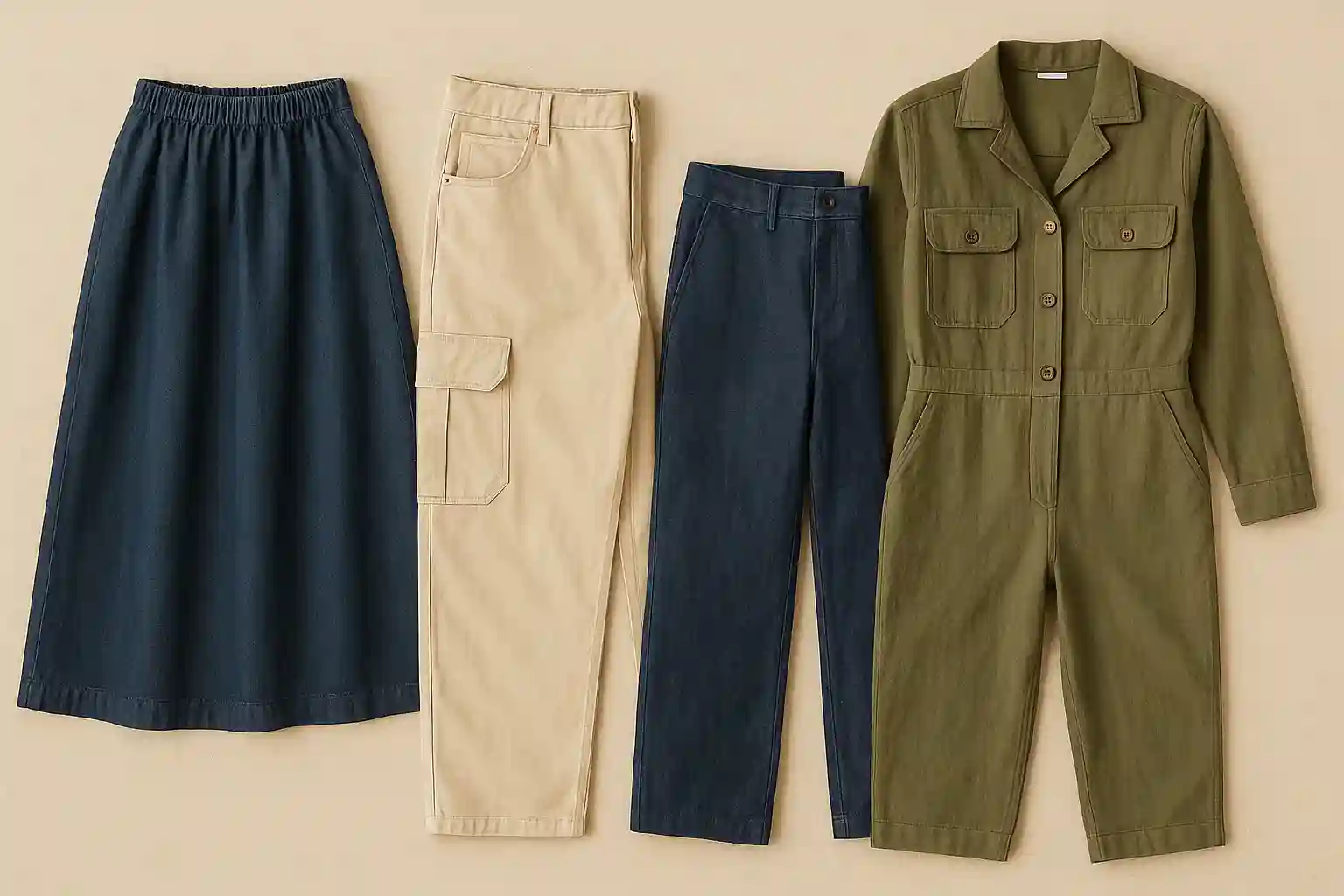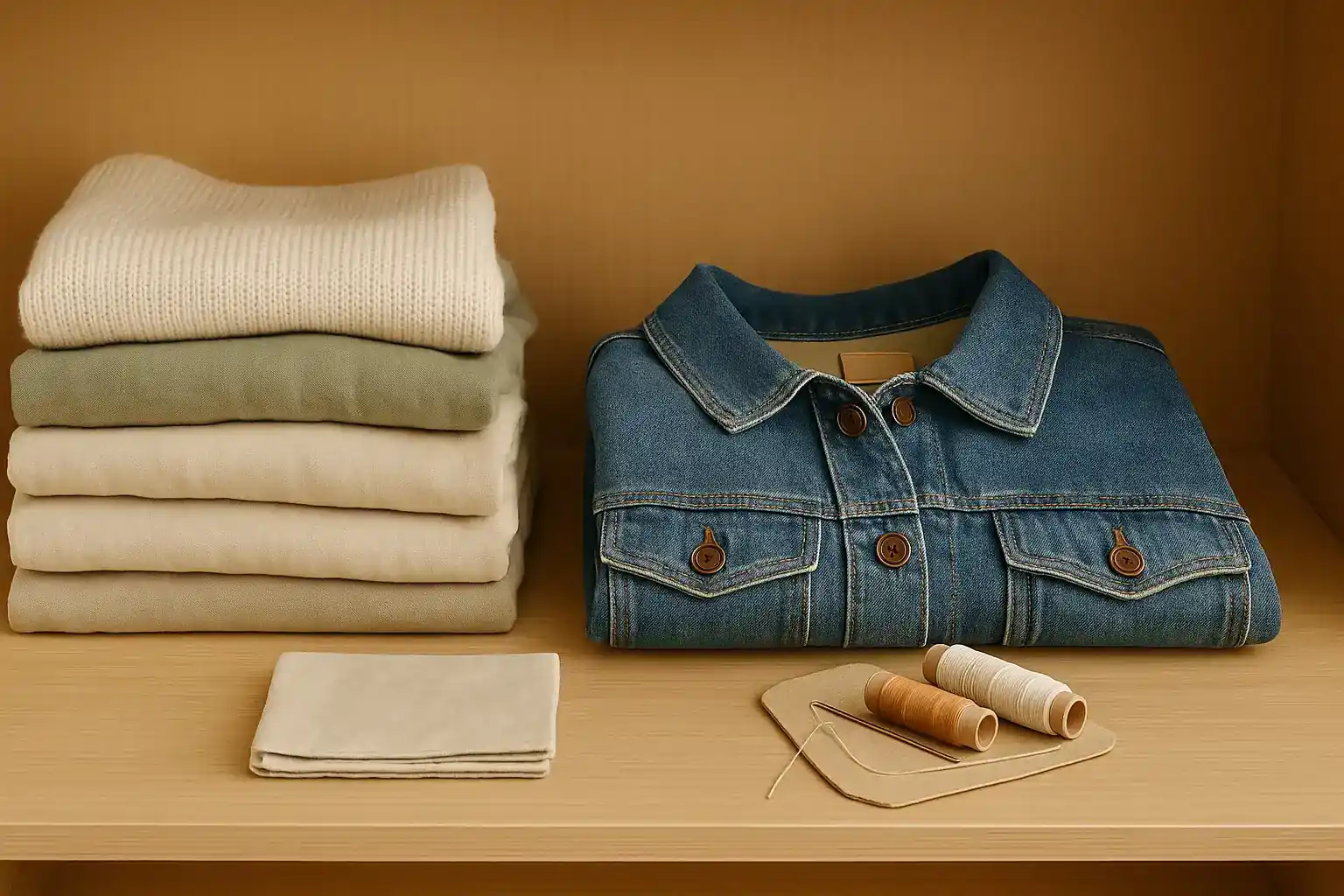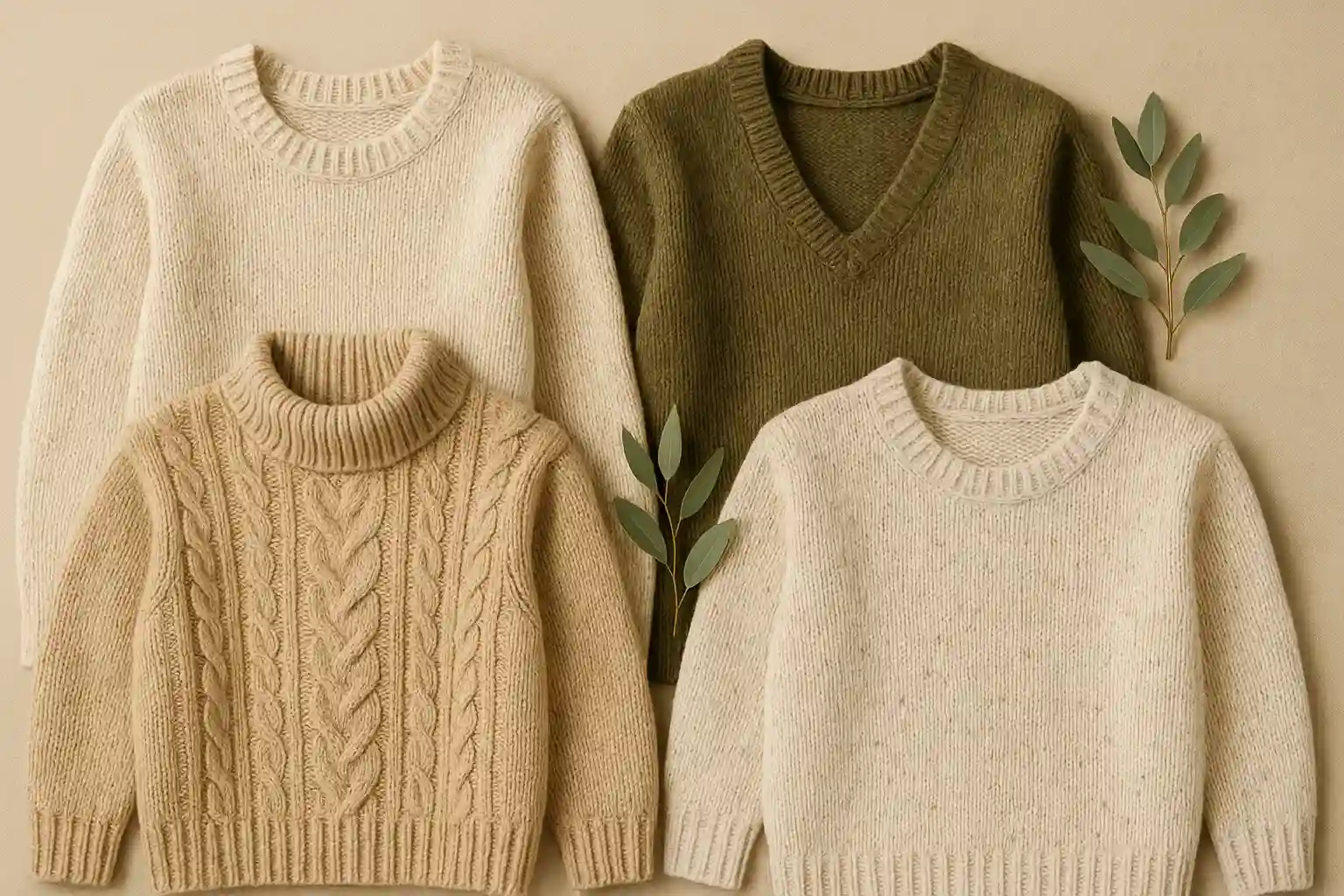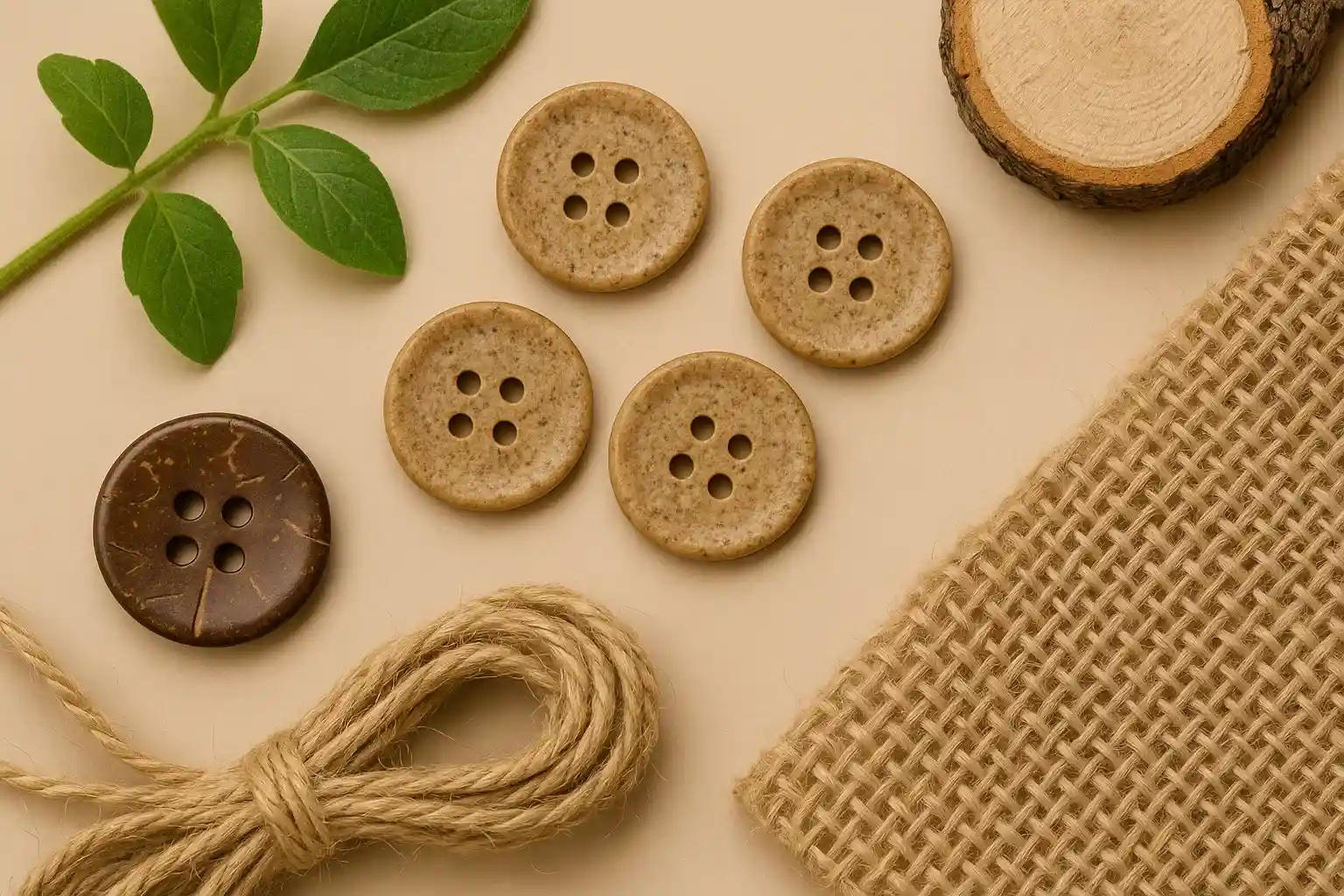Denim with a Difference: Choosing Sustainable Alternatives to Fast Fashion Jeans

The ubiquitous pair of jeans, a cornerstone of modern wardrobes, is often taken for granted. Readily available and versatile, conventional jeans, particularly those produced under the fast fashion model, come with a significant environmental and social cost. The production of denim is notoriously resource-intensive, requiring vast amounts of water for cotton cultivation and processing, and often relying on synthetic dyes and harmful chemicals. Furthermore, the fast-paced nature of the industry encourages overconsumption and contributes to significant textile waste. For the environmentally and ethically conscious consumer, seeking sustainable alternatives to fast fashion jeans is a crucial step towards building a more responsible and mindful wardrobe.
The environmental impact of conventional denim production is substantial and multifaceted. The cultivation of conventional cotton, the primary fiber for jeans, often involves heavy pesticide and fertilizer use, which can pollute waterways and harm biodiversity. The dyeing and finishing processes frequently utilize toxic chemicals and require significant amounts of water, leading to wastewater pollution. The energy consumed throughout the manufacturing process, from spinning the yarn to weaving the fabric and sewing the garment, further contributes to the carbon footprint of a pair of jeans. Moreover, the trend-driven nature of fast fashion encourages frequent purchases and discards, adding to the growing problem of textile waste in landfills.
Fortunately, a growing number of brands are pioneering more sustainable and ethical approaches to denim production. By choosing recycled denim that repurposes existing materials, opting for organic cotton jeans grown without harmful chemicals, or selecting natural indigo-dyed jeans that minimize the use of synthetic dyes and water, consumers can make a significant difference in reducing the environmental impact of their denim choices. These alternatives often prioritize resource efficiency, minimize pollution, and support more ethical labor practices within the fashion industry.
The Conscious Closet: Exploring Sustainable Denim Alternatives
Moving beyond the environmentally damaging practices of fast fashion denim reveals a range of more responsible and stylish options:
Recycled Denim: Giving Old Jeans a New Life
Recycled denim offers a fantastic way to reduce the demand for virgin cotton and minimize textile waste. By utilizing pre-consumer scraps or post-consumer denim garments, manufacturers can create new jeans with a significantly lower environmental footprint. Recycled denim production requires less water and energy compared to conventional denim and helps to divert textiles from landfills. Brands like Mud Jeans are leading the way in circular denim production, utilizing recycled materials and offering innovative take-back programs.
Organic Cotton Jeans: Cultivating a Cleaner Fiber
Organic cotton jeans are made from cotton grown without the use of synthetic pesticides and fertilizers. This farming method promotes soil health, conserves water, and protects biodiversity compared to conventional cotton cultivation. Choosing organic cotton denim reduces the exposure of farmers and ecosystems to harmful chemicals and supports more sustainable agricultural practices. Brands like Outland Denim often prioritize organic cotton and ethical production in their denim lines.
Natural Indigo-Dyed Jeans: Minimizing Toxic Chemicals
The traditional dyeing process for denim often involves the use of synthetic indigo and various chemicals that can pollute waterways. Natural indigo-dyed jeans utilize natural indigo dye derived from plants, offering a less toxic and more environmentally friendly alternative. While natural indigo dyeing can have its own complexities, it generally avoids the harmful chemicals associated with synthetic dyes. Brands committed to sustainable practices often explore natural dyeing methods to reduce their environmental impact. Boyish Jeans is an example of a brand that focuses on sustainable washes and dyeing processes.
Building a Sustainable Wardrobe: Conscious Denim Choices
By consciously choosing recycled denim, organic cotton jeans, or natural indigo-dyed denim, we can make a significant impact on reducing the environmental footprint of our wardrobes. Supporting brands that prioritize these sustainable practices encourages a more responsible and ethical fashion industry.
Related Blogs

10 Transformative Wardrobe Swaps for a Lighter Environmental Fashion Footprint
Learn how to reduce your fashion footprint with impactful wardrobe swaps.

Wrap Yourself in Responsibility: Choosing Sustainable Alternatives to Acrylic Sweaters
Upgrade to durable and breathable wool (certified farms), alpaca, or Tencel-blend knits.

Decoding Fabric Labels: What's Really Sustainable?
Insights on decoding fabric labels in a sustainable way.

Outsmarting the Dry Cleaner: Choosing Machine Washable Naturals for a Toxin-Free Wardrobe
Avoid toxic PERC solvents by opting for machine washable organic cotton and linen clothing.

Step Lightly: Choosing Sustainable Alternatives to Nylon Stockings
Opt for recycled nylon, biodegradable, or ladder-resistant hosiery for longer wear and less waste.

Fastening the Future: Choosing Sustainable Alternatives to Plastic Buttons
Opt for biodegradable coconut shell, corozo, or wood buttons for eco-conscious clothing.
Stay in the Loop
Get tips and insights tailored to your interests — no spam, just sustainability.